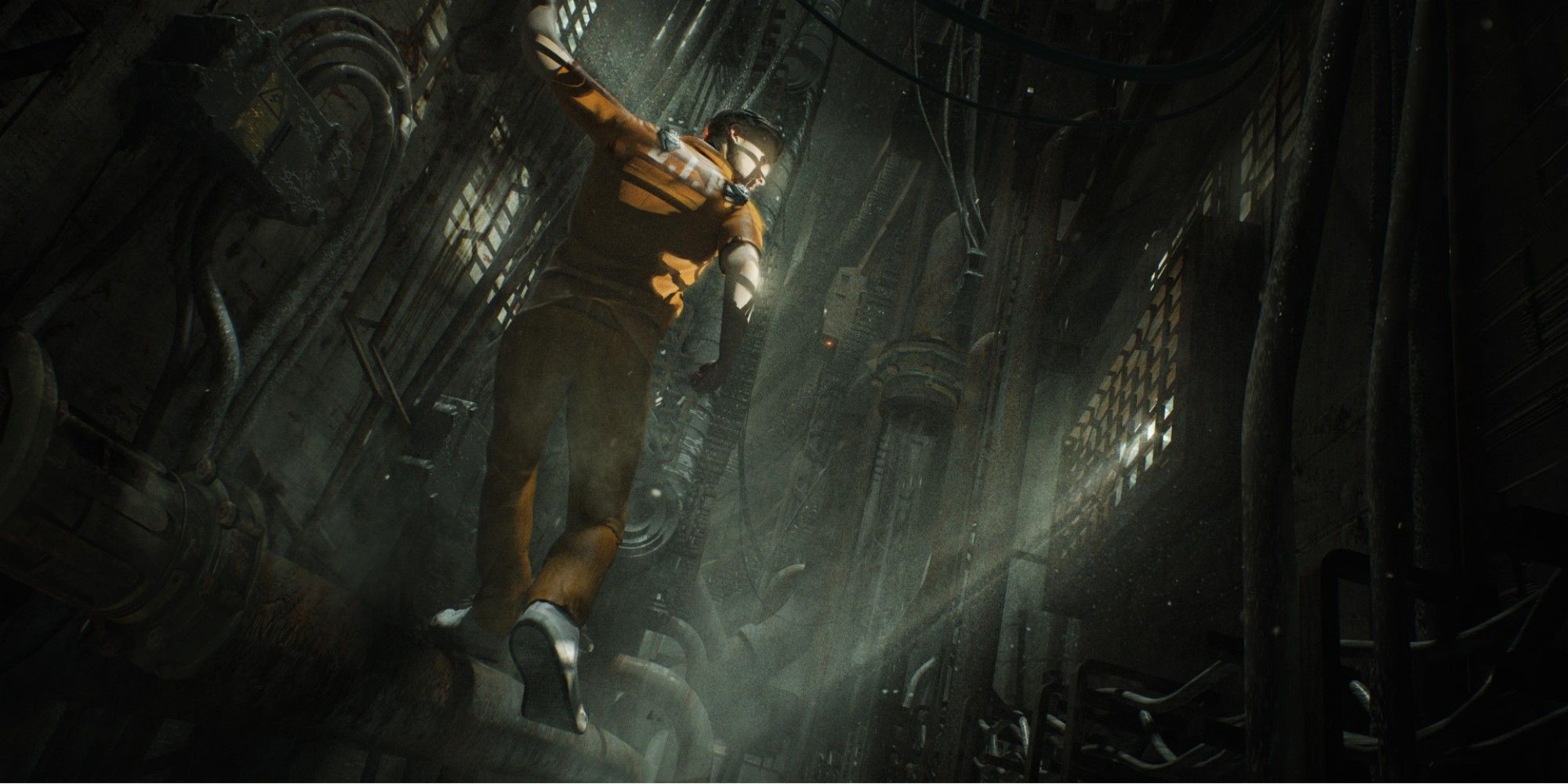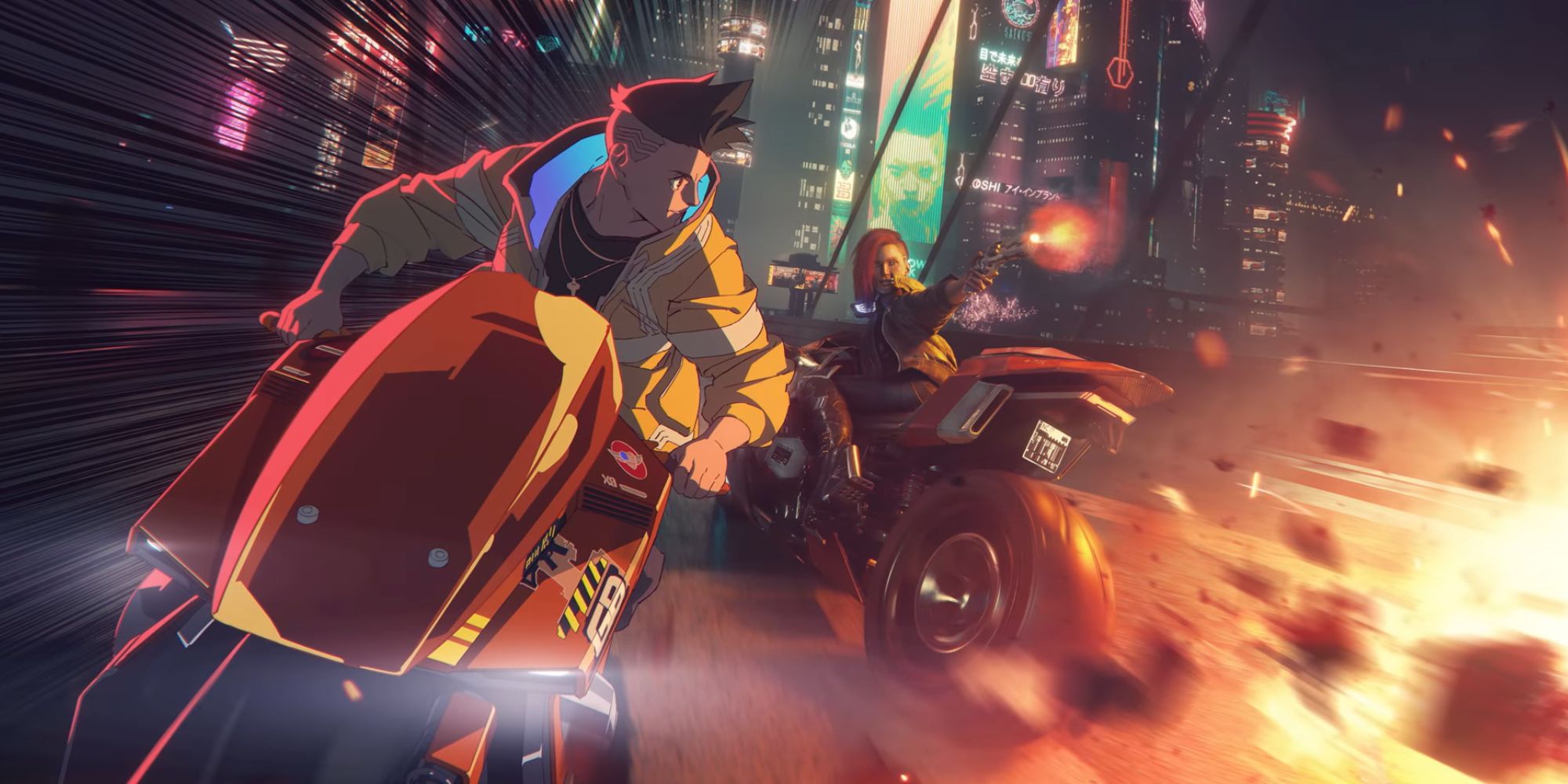Winter is the absolute best time to get a game. First, there’s the giveaways, as platforms like the Epic Games Store, GOG, and Itch.io all have free handouts to get us into the spirit of giving. Then there are the sales as every publisher tries to gobble up your holiday gift cards with cheap titles. But the best part of winter gaming is easily the fact that developers have had the better part of a year to fix their broken releases.
It’s unfortunate that the norm in gaming today is for a title to release full of bugs, glitches, and half-finished content, only to finally fix itself many months after its arrival. The most recent example I can think of is The Callisto Protocol, a game fans described as unplayable on PC and only marginally better on current-gen consoles. But it’s not just PC games that fall victim to this release-then-fix mentality, as Pokemon Scarlet & Violet has proven a technical disaster on the Switch.
There’s a never-ending list of games that were dead on arrival. Blade Runner: Enhanced Edition, Babylon's Fall, CrossfireX, Postal 4, Gran Turismo 7, Sonic Frontiers, Saints Row, Overwatch 2, Gotham Knights, Modern Warfare 2, and NFL 23 all had some pretty big issues when they first arrived. Some got better in the weeks and months since their release, while others were simply beyond saving.
What’s baffling to me is why some of these games are still wildly successful despite being a broken mess when they were first handed to players. It’s almost as though we’ve all collectively failed the marshmallow test – we can have a marshmallow right this second, or not eat the marshmallow now in order to obtain three marshmallows later. Only instead of extra marshmallows, it’s a reasonably functional video game.
Gamers have all the incentive in the world to just wait. Cyberpunk 2077 came out in late 2020, but only after receiving its current-gen update earlier this year did it finally deliver on even half of its promises, and even then it took a Netflix tie-in to resuscitate Cyberpunk and let CD Projekt Red breathe a sigh of relief as their patient was miraculously revived through the necromantic powers of anime.
But even now, I’m not sure I’d recommend purchasing Cyberpunk 2077. You see, CD Projekt Red’s other masterpiece, The Witcher 3, recently got a current-gen upgrade that adds ray tracing, visual overhauls from over half a decade of graphics mods, and new features like quick casting and map filters, not to mention all previously released DLC unlocked completely free of charge. There’s enough interest in Cyberpunk now that I could totally see CDPR pulling a similar stunt sometime in late 2027, providing both the ultimate Cyberpunk 2077 experience and the cumulative improvements from seven years of modders tirelessly toiling away and the ceaseless advance of technology.
Maybe seven years isn't even long enough. Portal was a fantastic game when it first arrived, but 15 years later and you've got Portal RTX with its fancy ray tracing makeover and fun new easter eggs. Final Fantasy 7 was absolutely a genre-defining game, but I find it rather dull compared to the high-octane action of its remake. Sometimes the longer the wait, the more marshmallows you get.
Or perhaps the best way to be a gamer these days is to never buy a game at all. In a world of broken releases, a subscription service like Game Pass makes a lot of sense. You don't even have to wait with Game Pass as it receives plenty of day-one releases. If that game turns out to be a dumpster fire, at least you didn’t have to pay for it.
Despite the value, I haven't quite been able to bring myself to take the plunge into Game Pass. I just don't play the variety of games that make a subscription service seem worthwhile over simply waiting for big events like the Steam Winter Sale where I will spend less on a dozen games that'll last me most of a year than I do on groceries that’ll last me a week. But perhaps that day is coming. The brutal calculus of capitalism makes it hard to ignore a good deal, and even harder to ignore a bad one. And I gotta say, new releases are almost always a bad deal.
Source: Read Full Article

